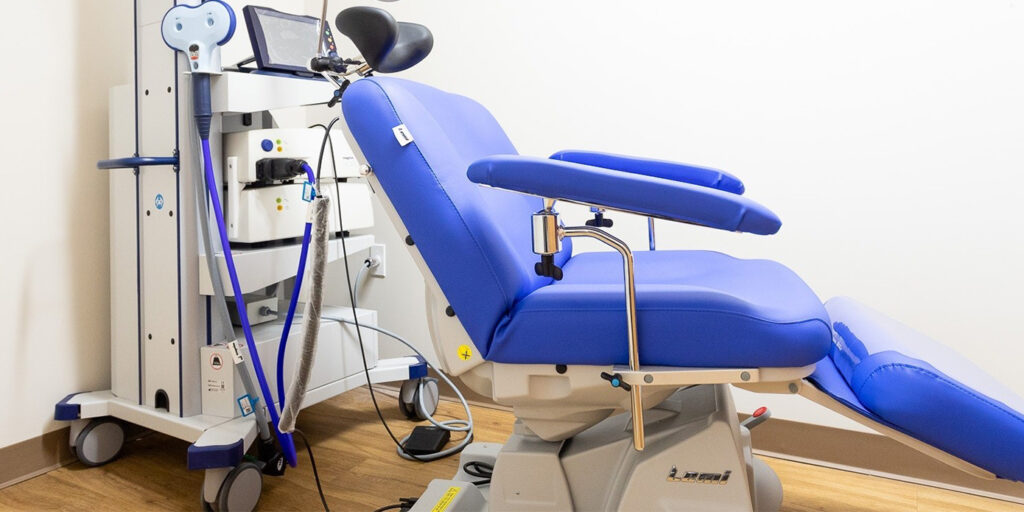
Why Telehealth Services? Learn The Benefits
Are you looking to incorporate telehealth technology into your company and offer such services for your patients? If yes, you aren’t alone. The usage of telehealth in the country has increased significantly, rising by more than 50% between 2016 and 2017. Based on a FAIR Health report, these figures are comparatively much higher than other types of service studied in the report.
What’s with all the buzz around telehealth and its boom? Here are some of the key benefits offered by telehealth services for both patients and providers.
Supports Independence
For most older adults, maintaining their independence is a priority. Telehealth plays a crucial aspect in assisting people with their daily living without heavy reliance on other people and institutions.
The increased usage of telehealth enables older adults to monitor their own health on the move or even at home. In telehealth, patients keep track of their vital signs like heart rate as well as blood pressure, and these details are sent to registered clinicians for remote monitoring.
Expedites Timely Care
One challenge of providing healthcare is the ability to direct patients to the right provider in the shortest time possible. Patients may need to make unnecessary trips to the urgent care clinic or emergency room, leading to delays in the care provided. Telehealth eliminates these hindrances as the patient will be able to see a physician immediately, leading to more timely care.
Helps Patients with Limited Mobility
For those who experience difficulties with their movement or for those who don’t have reliable means of transportation, telehealth can benefit them greatly. Essential healthcare services can be provided to these patients via technology such as video calls to ensure they receive healthcare whenever they require it and wherever they are.
Reduces Rural Barriers to Care
A significant benefit of telehealth is its effectiveness in addressing the challenges that arise with providing healthcare for people living in rural areas or remote places. It has been reported that 25% of people living in such areas didn’t receive timely healthcare services and another quarter of people felt that the location to the nearest provider was too far or difficult to get to.
Telehealth essentially shrinks or removes the distances between people living in rural areas and healthcare services, largely improving the accessibility of healthcare in these communities.
Lowers Strain on Healthcare System
In the United States, access to care is an issue faced by patients. Many people struggle to receive timely healthcare during evenings or on weekends without making the trip to the emergency department. Scheduling appointments with physicians and specialists are also difficult due to the extremely long wait times.
With the increasing utilization of telehealth and remote care technologies, more people will be able to receive timely care, reducing the strain on the existing healthcare systems.
Receive Quality Psychiatric Services at Wonder Years
If you’re considering psychiatric services, then Wonder Years can help you. We have a comprehensive array of psychiatric services, including therapy, second opinions, neuropsychological assessments as well as telepsychiatry among many others. If you have any questions regarding our services, feel free to contact us today.






